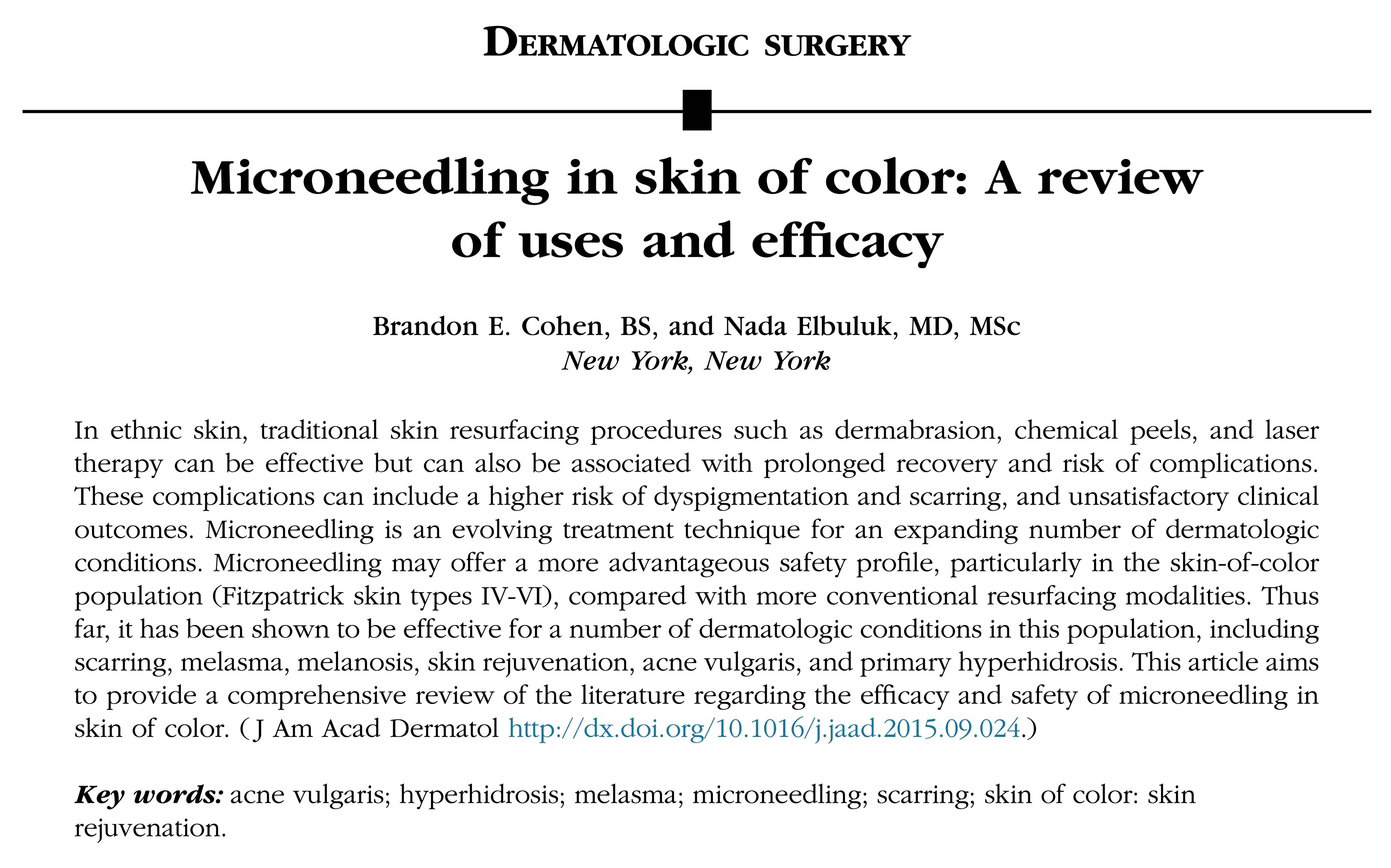Our skin is the interface to the world in more ways than one. It is our physical sensation of cold, heat, touch and pain, and it is at the same time how we present ourselves to our surroundings and how we are in turn perceived by others. This leads skin to be intimately connected to our emotions and sense of wellbeing.
In this blog post we will explore how skin disease affects quality of life (QoL), how skin is linked to our communication and identity and finally how non-disease related skincare regimens and procedures affect our emotional state.
Quality of life and skin disease
The impact of having a skin disease on one’s QoL is complex and highly individual. From past experiences working with the burden of disease of Psoriasis, there are both gender, region and age related differences in how this disease impacts quality of life, and it is often unrelated to the actual clinical manifestation. Instead the impact seems more related to overall life goals and meaningful societal connections - married people with kids over age of 40 in general (from that data) had a lower impact on quality of life.
A literature study by Dreno et al. 2021 [1] takes a more systematic approach to highlighting the impact of skin disease on QoL. Across acne, atopic dermatitis, skin toxicities from oncology treatments, and scars (from any cause) there are major negative impacts on QoL.
Patients with these skin conditions have a much higher frequency of psychological distress. Depression, anxiety, and suicidal ideation are more common.
These skin conditions negatively impact self-image, causing feelings of isolation, loneliness, lower self-esteem and body satisfaction. Visible scars and skin changes have the greatest impact on QoL.
Physical discomfort from symptoms like itching, pain, and bleeding adds to the psychological distress.
In children, atopic dermatitis affects behavior, sleep and the whole family's QoL. Parents experience sleep deprivation and emotional distress seeing their child suffer.
The physical and psychological impacts result in huge financial burdens on patients, families and society, including direct medical costs and indirect costs like decreased productivity.
These findings clearly speak to a significant emotional component in skin diseases that should not be ignored, or downplayed in management of these diseases.
It's important to recognize that while the challenges faced by those with skin diseases differ from the concerns of individuals seeking to address cosmetic imperfections, both can significantly impact a person's quality of life. The emotional distress and self-consciousness experienced by someone struggling with a perceived cosmetic flaw should not be minimized, as the psychological impact can be profound and deeply personal. It is precisely this personal connection that Sabrina Smofsky explores in her thesis “Shaping the Skin: Conveying Identities Through Skincare and Cosmetics”. [2]
Skin and emotion
Smofsky’s thesis is nuanced and reflects multiple aspects of how skin and skin appearance has been and is still used as a communication tool both in a political arena, as a reflection of one's health, and as an extension of emotion. To zero in on the connection between skin and emotion Smofsky makes the following observations in her research:
The skin is seen as capable of revealing one's emotions, lifestyle choices, and overall health/wellness. A smooth, clear complexion is associated with good physical and mental health.
When internal wellness doesn't naturally result in good skin, skincare and cosmetics are seen as tools to gain control over the skin's appearance and the messages it sends about the self.
Using skincare and cosmetics to improve the skin is thought to cultivate better internal wellness and emotional health as well. Taking care of the skin through routines is linked to confidence and self-care.
Stress and emotional turmoil are believed to manifest negatively on the skin. Skincare authorities advise managing stress and confronting anxieties as part of a skincare regimen.
Makeup is used as a form of emotional armor - when one feels self-doubt or anticipates confrontation, a made-up face provides a sense of confidence and protection against judgment or criticism.
The ability to control the skin's appearance through products provides a sense of empowerment, especially for women who face more scrutiny over their appearances.
In summary, skincare is intimately tied to emotional life - both reflecting inner feelings on the surface and allowing the manipulation of outward appearance to influence self-perception and emotional strength. Caring for the skin is portrayed as an essential component of psychological health and stability.
With these observations the next immediate question becomes: is caring for one’s skin merely a superficial “portraying” of psychological well being or does it really impact your well being in a measurable fashion?
Emotional benefits of skincare
While the research on the emotional benefits of skincare is sparse compared to the negative impacts on QoL associated with skin disease, a few highlights some interesting findings.
Zhang et al. [3] conducted a study on almost 200 female consumers to understand how a simple skincare routine would impact their QoL. They found significant improvement in feelings of empowerment, happiness and self-esteem after using the skin care products for 28 days. These improvements persisted even after 2 weeks of product withdrawal. In addition, the subset of females representing new mothers, had improvements in the Well-Being domain, driven by improvements in Self-Image and Self Competence.
Another study by Bouhout et al. [4] took it even further by measuring EEG, ECG, EMG and respiratory rate (brain activity, heart rate, muscle activity and breathing rate) in two groups of females. In addition they had a verbal assessment to evaluate their emotional perception.
The subjects were split into two groups: a one hour facial treatment and a one hour rest group. Their respective measurements were taken before and after.
Physiological relaxation was observed in both groups, but the effect was significantly higher after the facial. The specific increases in relaxation were 42% for brain activity, 13% for heart rate, 17% for muscle relaxation and 12% for breathing.
The verbal assessments showed that positive emotions were more markedly associated with the perception of the facial compared to rest. The relaxation induced by the facial was strongly associated with pleasure and other positive terms like "sensual", "tender" and "fun", while relaxation induced by rest tended towards more neutral emotions.
What does it all mean?
The presented research underscores the importance of recognizing the emotional component of skin health and skincare. Skincare should not be viewed as a superficial or frivolous pursuit, but rather as an integral part of self-care and psychological well-being. By acknowledging the link between skin and emotion, we can develop a more holistic approach to skincare that addresses both the physical and emotional needs of individuals.
Skincare has the potential to be a powerful tool for promoting emotional resilience and overall well-being. By embracing skincare as a form of self-care and emotional support, we can foster a more positive and healthy relationship with our skin and ourselves.
TL;DR
Taking care of your skin isn't just about looking good - it's about feeling good too. It's not just a surface-level thing; it goes much deeper than that. When you take the time to care for your skin, you're also caring for your emotional health. So, the next time you're doing your skincare routine, remember that you're not just improving your skin - you're giving yourself a little emotional pick-me-up too. Skincare is self-care, plain and simple.
References:
[1] Dreno, Brigitte, et al. "The impact of acne, atopic dermatitis, skin toxicities and scars on quality of life and the importance of a holistic treatment approach." Clinical, Cosmetic and Investigational Dermatology (2021): 623-632.
[2] Smofsky, Sabrina. Shaping the Skin: Conveying Identities Through Skincare and Cosmetics. Diss. Concordia University, 2017.
[3] Zhang, Lixia, et al. "The impact of routine skin care on the quality of life." Cosmetics 7.3 (2020): 59.
[4] Bouhout, Sara, et al. "Physiological benefits associated with facial skincare: Well‐being from emotional perception to neuromodulation." International Journal of Cosmetic Science 45.4 (2023): 458-469.
Read next



